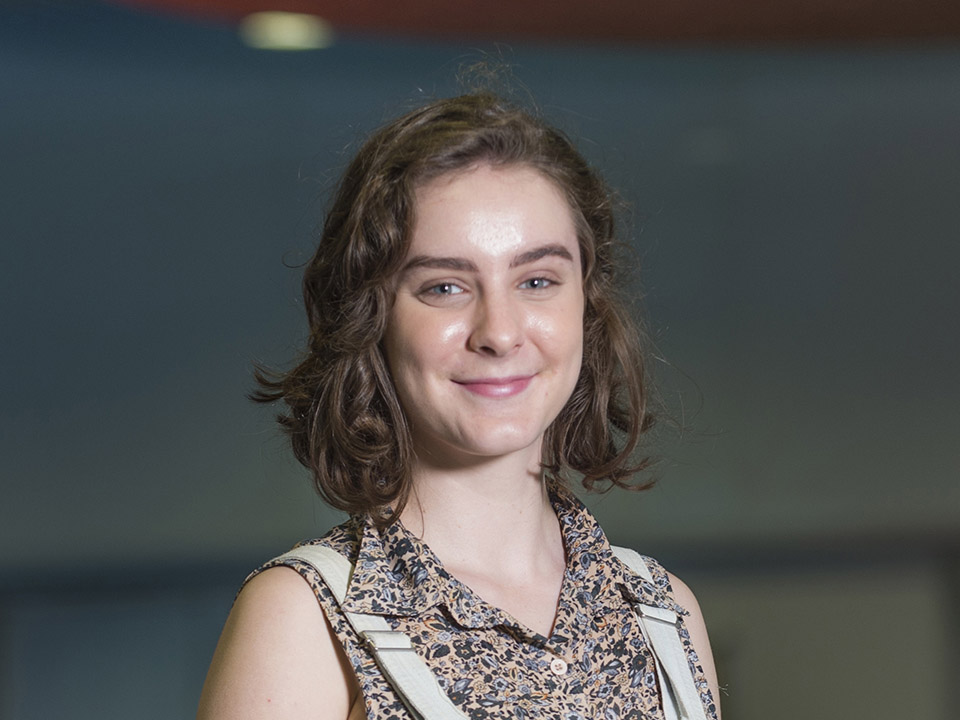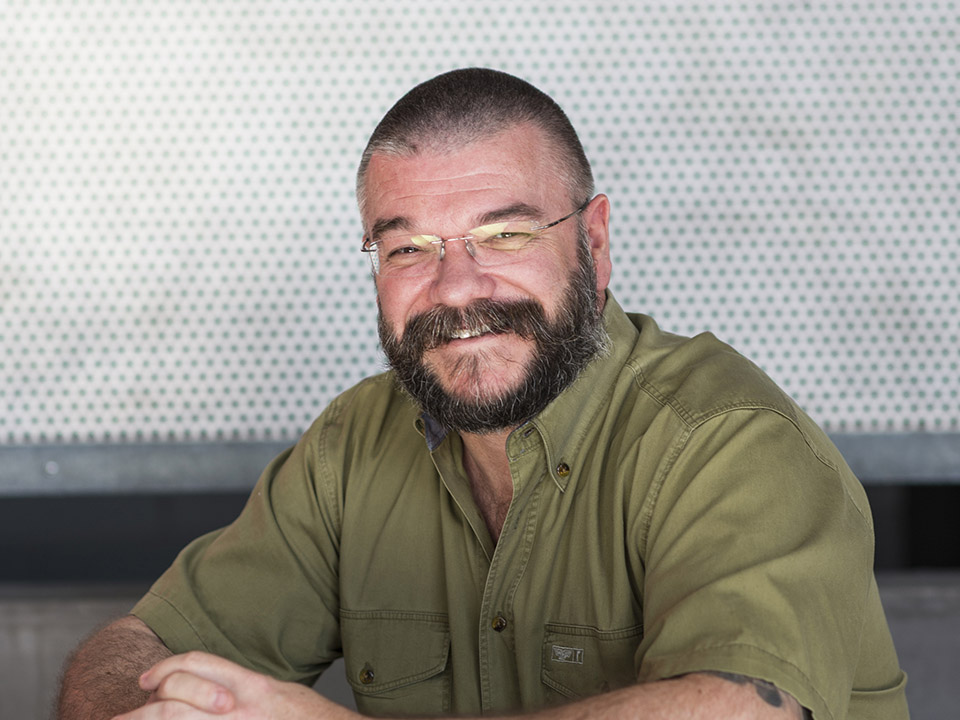Why choose this course?
Establish the groundwork for lifelong growth and well-being by studying a Bachelor of Early Childhood Education (Birth to Five). This course is designed for those motivated to become an early childhood teacher in early childhood education and care settings.
Those that already hold a Diploma in Early Childhood Education and Care (or an equivalent qualification) and have at least two years of work experience in early childhood education and care are eligible to complete their degree in as little as 1.5 years.
This course equips you with the skills and knowledge to make a profound impact in an evolving field, where QUT has been preparing specialist early childhood teachers for more than 100 years, and our graduates are known for their early childhood expertise.
This degree will help you develop skills, such as policy development, engagement in education and training, delivery of learning programs and advocacy work in other child and family contexts. Upon completion, you will hold a professional early childhood teacher qualification, setting you up for a rewarding career in early childhood education and care settings. If you’re interested in teaching in ECEC settings as well as prep to year 3 in primary schools, then study QUT’s Bachelor of Education (Early Childhood).
Pathways
This degree also provides a pathway to further qualifications and career opportunities in education. Graduates from the Bachelor of Early Childhood Education who later wish to teach in schools will be eligible for entry into the Master of Teaching (Early Childhood and Primary programs).




